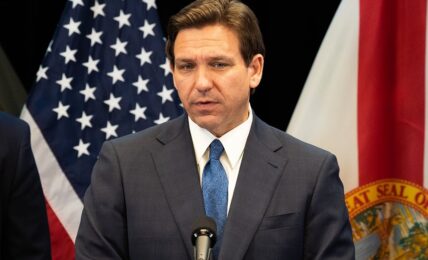Restaurant Brands International (RBI), one of the largest quick service restaurant companies in the world, with brands including Burger King, Tim Hortons, and Popeyes, announced today new sustainability commitments, including targets to reduce GHG emissions by 50% by 2030, and reach net-zero emissions by 2050 or sooner, as part of its ‘Restaurant Brands for Good’ strategy.
Compared to a 2019 baseline, by 2030, RBI aims to reduce absolute Scope 1 and 2 GHG emissions by 50%, Scope 3 GHG emissions intensity by 50% by metric ton of food, and Scope 3 GHG emissions intensity by 50% per franchise restaurant. According to the company, these targets have been approved by the Science Based Targets Initiative (SBTi), and are based on SBTi Criteria and Recommendations.
SBTi, a collaboration between CDP, World Resources Institute (WRI), the World-Wide Fund for Nature (WWF), and the United Nations Global Compact (UNGC), is one of the key organizations focused on aligning corporate environmentalEnvironmental criteria consider how a company performs as a steward of nature. More sustainability action with the global goals of limiting climate change. Earlier this year, SBTi tightened its criteria for approved climate targets, announcing that it will soon only accept targets aligned with its 1.5°C warming ambition, as required to avoid the worst impacts of climate change.
Alberto Carrillo Pineda, Executive Director, Science Based Targets at CDP, one of the Science Based Targets initiative partners, said:
“We congratulate RBI on setting targets consistent with limiting warming to 1.5°C, the most ambitious goal of the Paris Agreement. By setting ambitious targets grounded in climate science, RBI is taking action to help reduce the effects of climate change.”
According to RBI, achieving the company’s new targets would lead to the prevention of an estimated 25.4 million metric tons of CO2 equivalent emissions by 2030, comparable to taking 5.5 million passenger cars off the road in the U.S. for a full year.
The company also announced that in making these commitments, it is joining UN’s Race to Zero, and becoming a signatory to the Business Ambition for 1.5 C Campaign.
José E. Cil, Chief Executive Officer of RBI, said:
“As one of the largest quick service restaurant companies in the world, we have a critical role to play in addressing the threat of global climate change, which is important for our planet and for our guests. We’ve done the hard work to determine where we stand, where we can make the most meaningful impact, and the actions we need to take to move the needle. With these ambitious targets, we are accelerating our efforts to promote a more sustainable future and continue on our journey to build the most loved restaurant brands in the world.”
The post Burger King Parent Aims to Cut Emissions in Half by 2030, Avoiding Over 25M Tons of CO2 appeared first on ESG Today.


